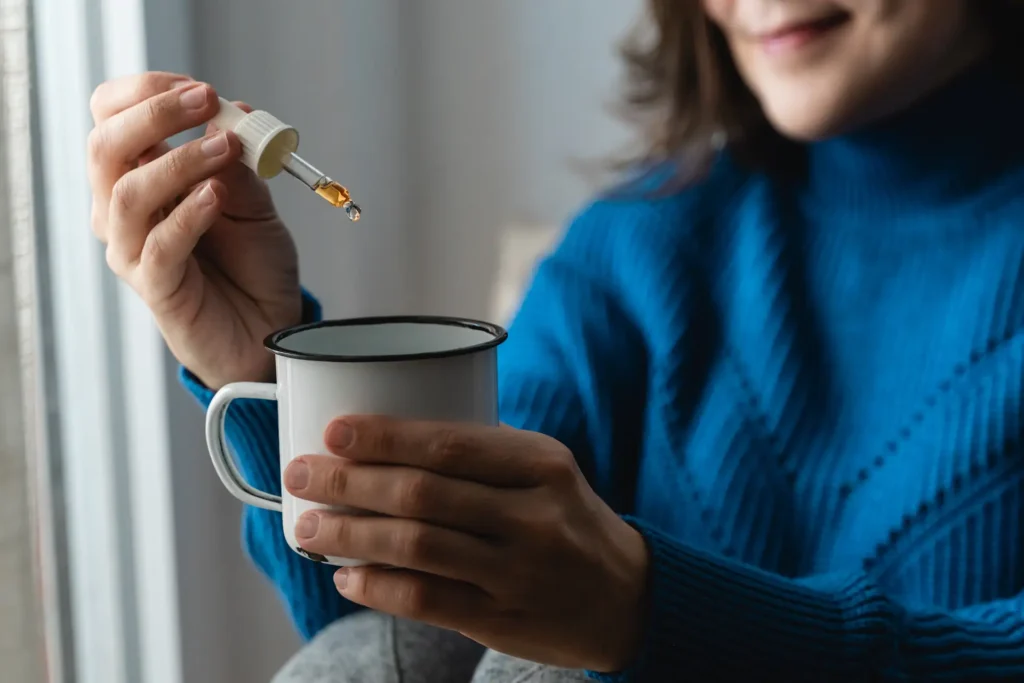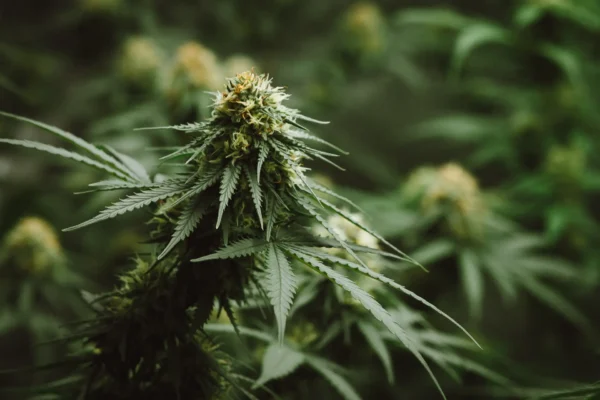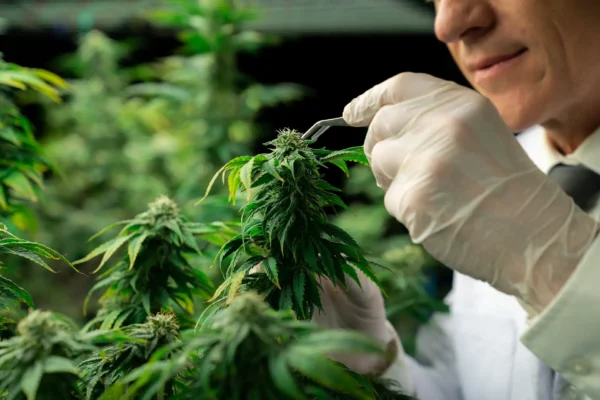Around the world, cannabis-based products are becoming increasingly available to consumers. This is particularly true in Canada and the United States, where adults in every state now have access to legal cannabis products, either through recreational, medical, and/or CBD-based products. Yet, our understanding of how cannabis-derived compounds such as cannabidiol (CBD) and Δ9-tetrahydrocannabinol (Δ9-THC) interact with one another, as well as other common drugs, remains limited.
Cannabinoids and Caffeine in Commercial Products
As cannabis-based products become more popular, cannabinoid-containing edible products, including beverages, represent a significant sector in consumer markets. One combination increasingly present in commercial products is cannabis and caffeine. These products may contain caffeine alongside Δ9-THC and/or CBD, as well as other minor cannabinoids. The oral nature of these products suggests that consumption may occur over a longer duration than that of other edible products.
Little laboratory-based research has evaluated the pharmacodynamic and pharmacokinetic effects of consuming these drugs in combination. However, preclinical research has demonstrated that caffeine can exacerbate THC-induced decreases in working memory performance in rodents. In the only human study to evaluate the interaction of caffeine and THC or THC and CBD administration, participants reported greater subjective drug effects and drug-induced impairment when receiving caffeine, THC, and CBD in combination.
To build on these findings, researchers recently published in Neuropsychopharmacology a double-blind, randomised, placebo-controlled within-subject crossover study to investigate the interactions between cannabis, caffeine, and cannabidiol (CBD). This double-blind, randomised, placebo-controlled study aimed to provide the first direct assessment of what happens when you co-administer these common substances. The findings offer crucial insights into how different cannabinoids and other compounds can alter your experience and highlight the importance of understanding the full product profile.
How Was the Study Conducted?
Researchers recruited 20 healthy adults who were infrequent cannabis users. Each participant completed four separate sessions. In each session, they were given one of four different combinations in a cumulative dosing design:
- Placebo (no active ingredients)
- THC only (a cumulative dose of 7.5 mg)
- THC and Caffeine (7.5 mg of THC and 180 mg of caffeine)
- THC, Caffeine, and CBD (7.5 mg of THC, 180 mg of caffeine, and 105 mg of CBD)
The doses of THC, CBD, and caffeine were chosen to represent amounts commonly found in commercial products. The researchers measured three main things:
- Subjective Effects: How participants felt, including their perceived “high” and feelings of anxiety or pleasantness.
- Performance: How well they performed on tasks measuring psychomotor function, reaction time, and hand-eye coordination, including a simulated driving test.
- Pharmacokinetics: How their bodies processed the substances, by measuring the concentration of cannabinoids and caffeine in their blood plasma.
The Effect of Caffeine on THC
One of the study’s key findings was that caffeine co-administration produced minimal changes in the effects of THC at the dose tested.
When caffeine was added to THC, it did not significantly alter the subjective feelings of the “high,” performance, or the way the body metabolised the THC.
Researchers noted that there were some signals for perceived driving impairment, but overall, caffeine did not seem to dramatically change the effects of THC in a robust way. This somewhat lessens the immediate concerns about the risks of premixed cannabis and caffeine products, but it also means there’s no evidence that caffeine can lessen any of the negative effects of THC as some marketing claims might suggest.
The Effect of CBD on THC
The most significant finding of the study was how CBD influenced the effects of THC. Contrary to what some might assume, when CBD was co-administered with THC and caffeine, it had a robust alteration on the effects compared to THC alone.
- Increased Subjective Effects: The combination of THC, caffeine, and CBD led to a greater feeling of “euphoria” and other subjective effects compared to THC on its own.
- Impaired Performance: The combination was also associated with worse performance on psychomotor tasks. Participants’ subjective confidence and willingness to drive also decreased in all active conditions compared to placebo, with the combination of THC, caffeine, and CBD resulting in the greatest perceived decrease in willingness to drive. .
- Changes in Body Processing: The study found that CBD increased the concentration of THC and its active metabolite in the blood plasma. This suggests that the CBD affected how the body processed the THC, potentially increasing its bioavailability and leading to a more potent effect.
This robust drug-drug interaction is specific to oral dosing and may not occur with other methods like vaporisation.
The Big Picture: Why This Matters
This study provides the first direct human laboratory data on the interaction between THC and caffeine, but the most important takeaway is the significant interaction between CBD and THC. These findings highlight that the total cannabinoid profile of a product, not just the THC content, is crucial to consider.
For patients and consumers, this means that adding a CBD component, especially in an oral product, might lead to a stronger effect from the THC than they might expect. These data are vital for future regulatory decisions and for developing public health messages to ensure people have a clear understanding of the potential risks and effects of these drug combinations.
Disclaimer: This blog post is for informational purposes only and is based on a specific clinical study. It is not medical advice. The efficacy and safety of medical cannabis have not been established. Patients should always consult a qualified healthcare professional before making any decisions about their treatment.



